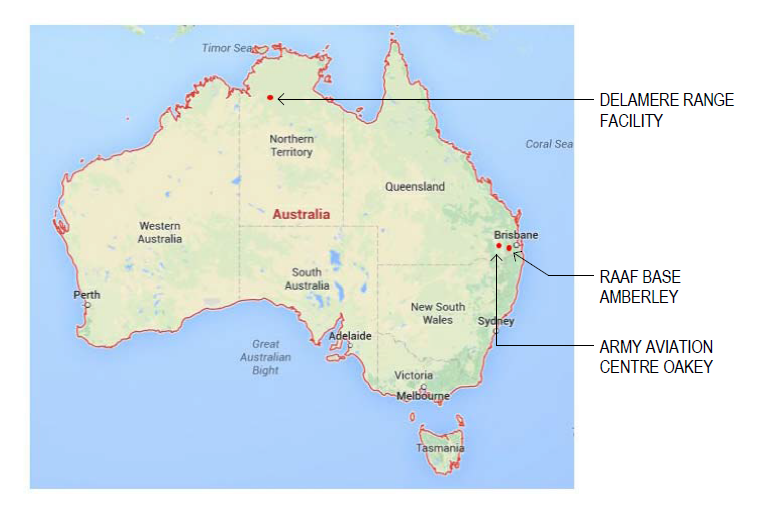NRMA’s Group CEO appointment fits customer focus model
THE Business Council of Co-operatives and Mutuals (BCCM) would like to congratulate the National Roads & Motorists' Association and Mr Rohan Lund following his appointment as Group CEO of Australia’s customer owned business. The NRMA is a founding member of the BCCM.
BCCM CEO, Melina Morrison commenting on the news said:
"Customer owned businesses are experiencing a strong period of growth for the past 24 months as shown in the BCCM's 2015 National Mutual Economy Report with a 14% year-on-year increase in combined annual turnover for the Top 100 Australian co-operative and mutual enterprises (CMEs).
"Customer owned banking is another sector showing strong growth as KPMG’s Mutuals Industry Review 2015 has shown.
"The appointment of Mr Lund with his experience in communications and customer service is fitting, given it is an inherent and unique advantage of businesses owned by their customers."
The Business Council of Co-operatives and Mutuals (BCCM) is the national peak body representing the co-operative and mutual models of enterprise in Australia. Formed in 2013, the BCCM is led by the chief executives of Australia’s leading co-operative and mutual businesses and is the only organisation uniting the entire, diverse range of member owned business.
ends
- Created on .


